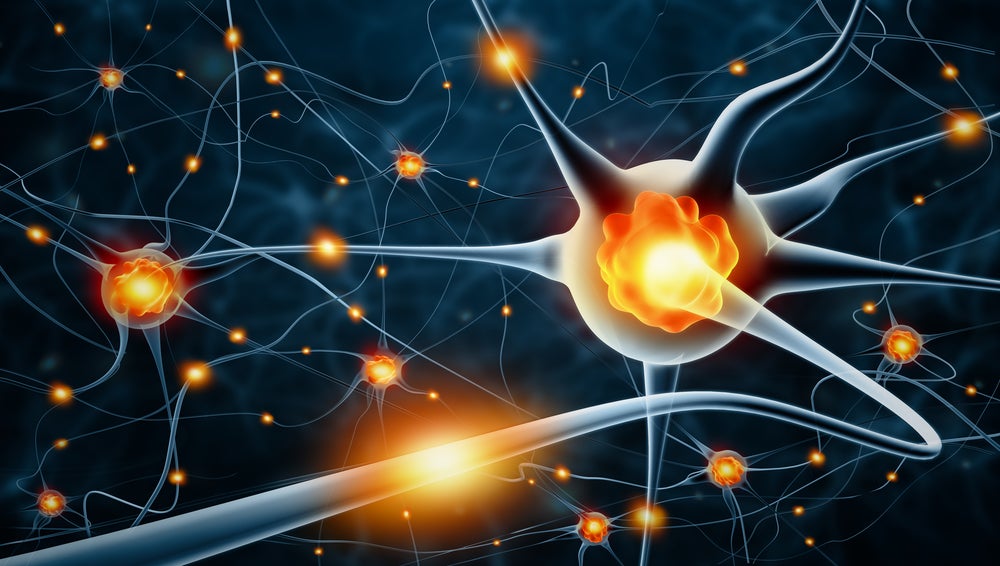Neuronoff has completed the first implants of its Injectrode device in a first-in-human study evaluating its use in chronic pain management.
The minimally invasive injectable electrode works by a type of neuromodulation called transcutaneous electrical nerve stimulation (TENS).
US-based Neuronoff says that unlike traditional techniques using the technology that uses wires or bulges on the outside, its injected lead preserves patient privacy and gives an “aesthetic result”. An external pulse generator sends signals through the skin to tell the implanted electrode what electrical output is needed on the nerve.
Other types of chronic neuromodulation treatment involve implanting electrical devices via surgery. Steroids or drugs can also be prescribed, but these have the downside of long-term administration.
The study’s principal investigator Dr Amol Soin said: “This simple needle-based approach is poised to give patients and physicians a viable early treatment option that isn't a steroid injection or pharmacological solution.”
Neuronoff’s first-in-human study targeted lumbar peripheral nerve stimulation. Two patients with lower back chronic pain received the implant in the first milestone of the study.
Neuronoff’s CEO Manfred Franke said that removing the need for surgery removes a major barrier in chronic neuromodulation accessibility.
Franke said: “The Injectrode is designed as a simple-to-place, chronic lead that is virtually invisible from the outside, preserving patient privacy.”
Neuronoff stated that Injectrode demonstrates effective nerve target activation with little off-target muscle activation.
Neuromodulation devices are becoming a major sector within healthcare as technology becomes less invasive and more accessible. A report by GlobalData estimates the global neuromodulation device market will be worth $11.4bn by 2033, up from $6bn in 2022.
Last month, Nalu-medical announced positive long-term data from a trial evaluating its peripheral nerve stimulation (PNS) device to treat chronic pain. Around the same time, medtech giant Boston Scientific released positive one-year data from its spinal cord stimulation (SCS) system to reduce chronic pain.
There have been advancements in the space beyond pain management recently, such as Neurolief’s neuromodulation device Relivion being approved in Japan for at-home use in the acute treatment of migraine. US-based NeuroPace has been conducting studies for epilepsy treatment while PathMaker is trialling its device for the treatment of amyotrophic lateral sclerosis.









